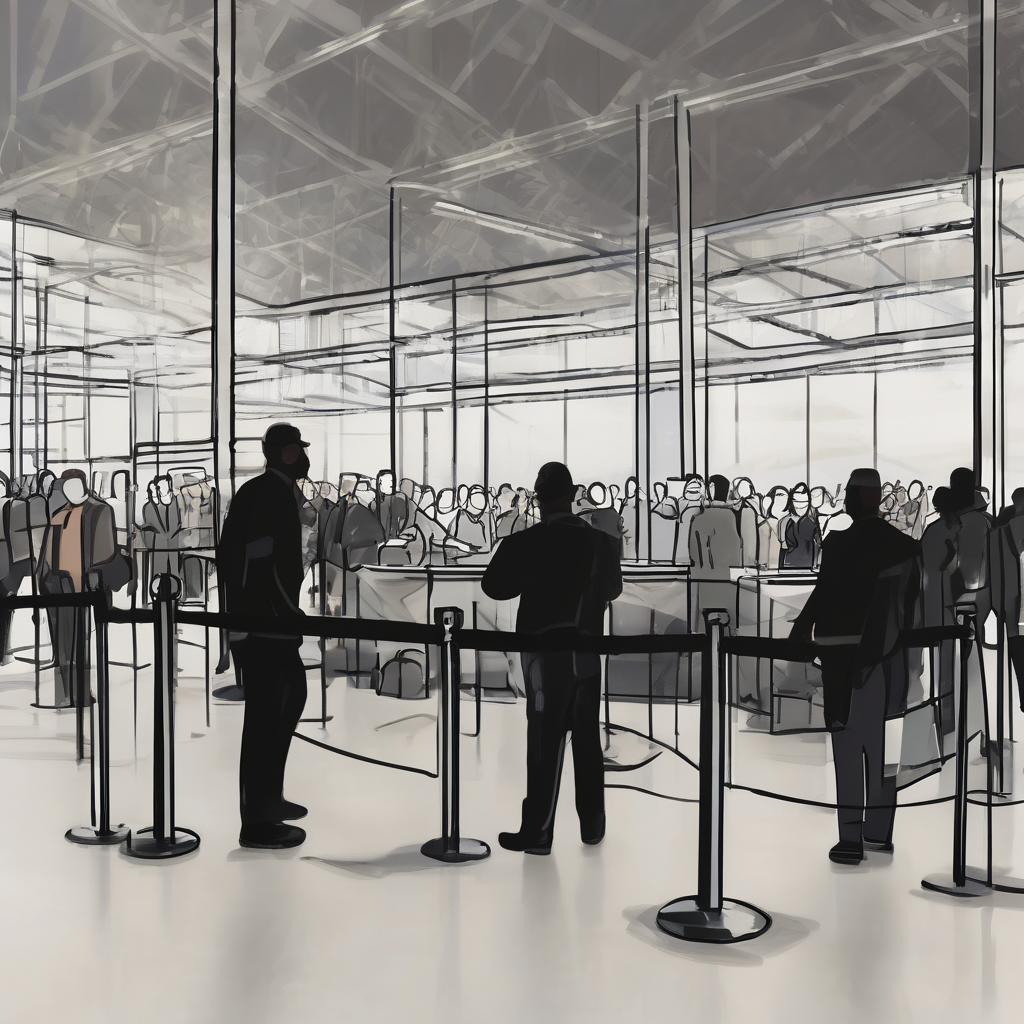A recent concert by rapper NBA YoungBoy in Oklahoma has ignited a conversation about racial bias and security protocols, revealing deeper issues within the policing of hip-hop culture. The Oklahoma County Jail’s decision to significantly increase staffing ahead of NBA YoungBoy’s performance on November 1 at the Paycom Center has sparked accusations of racial profiling, prompting discussions around implicit bias and public safety.
Rev. Derrick Scobey, a trustee of the jail, criticized the staffing surge as overtly racist, raising uncomfortable questions about how the actions of institutions can unfairly target hip-hop artists and their audiences. Despite NBA YoungBoy’s ongoing legal issues since 2016, he has remained a prominent figure in rap, cultivating a loyal following.
The jail’s increased personnel was predicated on assumptions of potential unrest, contrasting sharply with the reality of a peaceful event. Interim administrator Tim Kimrey defended the staffing increase as a data-driven decision based on patterns seen at concerts with predominantly Black audiences. However, critics noted that such language often serves as a euphemism for bias toward Black culture. In a push for fairness, Scobey highlighted the inconsistency in risk assessments, citing a comparable event for a Christian worship group that did not warrant similar scrutiny.
Interestingly, Lucy Albers from the Paycom Center affirmed that the venue had not requested additional jail staff, showcasing a disconnect between the jail’s concerns and the venue’s security measures. The Oklahoma City Police Department also saw no need for increased security on concert day, indicating that the heightened measures may have been unwarranted.
Supporters of the jail’s approach, like Trustee Myles Davidson, pointed to instances where NBA YoungBoy’s shows were canceled due to prior violence concerns. This reasoning raises critical questions about whether artists should face repercussions for behavior beyond their control and whether similar standards apply across genres. Violent incidents at country music events, for instance, have not prompted comparable advanced staffing measures.
This incident underscores ongoing tensions in how hip-hop culture navigates institutional biases. Performers often face heightened scrutiny not experienced by artists in other music genres, which can impose additional challenges in securing their place in the entertainment industry. The implications stretch far beyond this concert, affecting future events and the artists targeting this market.
Despite the overzealous preparations, NBA YoungBoy’s concert concluded without any incidents, highlighting the unnecessary nature of the jail’s staffing increase. This outcome invites a moment of introspection about the assumptions driving security measures and calls for a fairer approach that does not unfairly stigmatize artists and audiences based on race or genre. The discourse this event has generated could pave the way for more equitable treatment of all musical performances moving forward.
